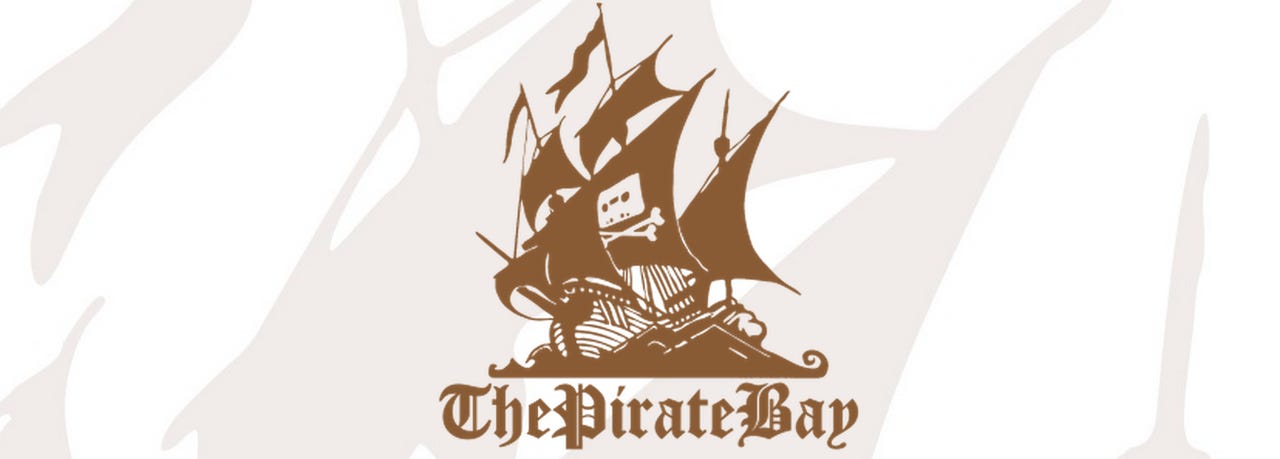Strike the source: RIAA targets BitTorrent protocol to block pirate content


uTorrent client creator BitTorrent has been asked to put a stop to the software being used to download and share pirated content.
BitTorrent is a protocol used to share large amount data across the web. Files are split up and shared amongst users, and piece by piece, built up again on a system gradually.
Clients, such as the firm BitTorrent's uTorrent, can be used to load metadata files required to stitch together files, as well as list 'seed' and 'leech' users who are offering a file or downloading one.
As a way to share the ever-increasing size of files, the protocol is extremely useful -- but has become insolubly linked to copyrighted content theft, a constant battle BitTorrent has endured.
Websites including The Pirate Bay and Kickass Torrents are used to find .torrent files which link peer-to-peer hosts and downloaders to share content. While legitimate, copyright-free files and packages can be discovered at these domains -- which importantly do not host copyrighted content themselves -- pirated files including films, television shows and games can also be searched for and downloaded.
Regulators and outfits such as the Recording Industry Association of America (RIAA) and Motion Picture Association of America (MPAA) have been attempting to crack down on intellectual property infringement through lawsuits and forcing ISPs to block consumer access to torrent search engine websites.
However, blocks can be easily circumvented and the threat of a lawsuit does not seem to have stopped the general public at large.
What's next to try? Go for the protocol itself.
As reported by TorrentFreak on Wednesday, the RIAA has asked BitTorrent to come up with a way to stop the sharing of pirate content.
In a July 30 letter sent to BitTorrent CEO Eric Klinker, the RIAA's Executive Vice President of Anti-Piracy Brad Buckles asks the executive to take a stronger stance than simply vocal support against piracy, referencing in particular BitTorrent's distributed hash table (DHT) approach, which allows torrents to be shared even when trackers are disabled. The letter reads:
Featured
"This year marks the 10th anniversary of BitTorrent Inc.'s development of a distributed hash table (DHT) approach to file distribution, and yet, as we have previously discussed with your company, we remain very concerned about the overwhelming use of BitTorrent Inc. developed clients to infringe our members' content."
Buckles goes on to say approximately 75 percent of "1.6 million torrent-based infringements" relating to artists the RIAA represents takes place through BitTorrent's software. In a particular example, 82.4 percent of 500 sample audio torrents -- such as songs and albums -- were "highly likely" to be protected by copyright laws.
In addition, 99 percent of the Top 100 list of torrents available through Kickass Torrents, and downloadable via a BitTorrent client, were infringing.
The executive then mentions comments made by Matt Mason, BitTorrent's former Chief Content Officer. Mason has been recorded saying "piracy happens outside the BitTorrent system." Buckles disagrees, calling the protocol "the source of the software that is used so overwhelmingly for infringement."
In response, a tweet posted by Mason says:
Just in case the study and comments are not enough, Buckles presses his suit further, asking Klinker to consider the security of the Internet as a whole since "piracy and malware/viruses go hand in hand."
However, you could argue that while malicious code can find its way into .torrent files, malware is also used in state-sponsored attacks, hacking for the sake of it and by our own governments to spy on vendors and consumers. In the grand scheme of things, malware in pirated files is not a big deal -- and if someone chooses to shoulder the risk and download illegal content, it's hardly the responsibility of BitTorrent to save the Internet from malware infections.
The RIAA is happy to share copyright content hashes with BitTorrent if that would help the client provider help the organization crack down on piracy (assuming of course such a task is the protocol developer's responsibility) and says it is "only right and proper" BitTorrent "reduces their facilitation of infringement."
A new tactic in the war against piracy to be sure, but the likelihood of success is up for debate.
Read the letter below:
ZDNet has reached out to BitTorrent and will update if we hear back.
20 must-have back to school, college gadgets and gifts
Read on: Top picks
- How to access Wi-Fi anonymously from miles away
- Hammertoss: Russian hackers target the cloud, Twitter, GitHub in malware spread
- Getting physical: A $10 device to clone RFID access keys on the go
- Amazon dreams of drones-only airspace
- Army exoskeletons train soldiers to shoot
- Hornet Tor alternative for high-speed anonymous browsing revealed
In pictures: